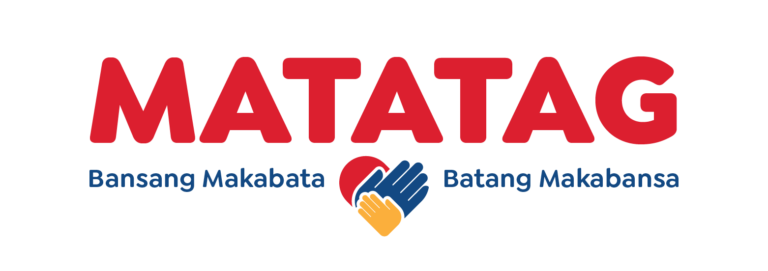
Download the MATATAG English Curriculum Here
The primary objective of the Learning Area Standard is for learners to demonstrate a high level of proficiency in using the English language across various modes to effectively communicate in a wide array of situations, with diverse audiences, and within different contexts. Learners are expected to harness their language skills to facilitate and enhance their understanding and engagement across various content areas. Additionally, they are encouraged to critically analyze, appreciate, and respond to a diverse range of literary and informational texts, utilizing these resources to broaden their understanding, perspectives, and creativity.
Furthermore, learners are actively encouraged to engage in activities and discussions that promote a profound appreciation and understanding of their cultural heritage. These initiatives are designed to instill a sense of pride and identity, fostering cultural literacy and promoting mutual respect and understanding within diverse social and educational environments.
Key Stage Standards:
Key Stage 1: By the conclusion of Grade 3, learners are in the process of becoming literate and increasingly fluent in their use of the English language. Their primary language (L1) is considered a valuable literacy resource for comprehending and expressing familiar and developmentally appropriate texts. Learners at this stage are capable of using their conversational language skills in daily activities and their first language to understand and discuss content within the learning areas. Furthermore, they are encouraged to take pride in their cultural heritage.
Key Stage 2: Upon reaching Grade 6, learners have achieved proficiency in basic literacy and are progressing towards applied and critical literacy. They exhibit a high level of communicative competence in English, enabling them to effectively engage in a variety of situations, for various audiences, contexts, and purposes. This includes learning in other content areas. Similar to Key Stage 1, learners in Key Stage 2 are encouraged to take pride in their cultural heritage.
Key Stage 3: At the conclusion of Grade 10, learners have developed the ability to critically analyze and evaluate the style, form, and features of literary and informational texts, including non-journalistic, journalistic, and academic texts. They possess the skill to compose and publish a wide range of multimedia texts, catering to diverse meanings, purposes, and audiences, even extending to learning in other content areas. Additionally, learners at this stage are encouraged to take pride in their cultural heritage.
Grade Level Standards:
Grade 2: At the second-grade level, learners are expected to demonstrate oracy in English while utilizing their first language (L1) as a literacy resource. They should be able to decode high-frequency words and some content-specific vocabulary. Furthermore, they are encouraged to develop their conversational vocabulary and expand their understanding of how words function within simple sentences to convey and express meaning. Learners should also be capable of comprehending, responding to, creating, and composing developmentally appropriate and content-specific texts.
Grade 3: In Grade 3, learners are expected to exhibit basic literacy skills in English, with their first language (L1) serving as a literacy resource. They should expand their conversational vocabulary, incorporating high-frequency and content-specific words. Additionally, they are encouraged to use both simple and compound sentences to effectively convey and express meaning. At this stage, learners should have the capacity to comprehend, analyze, create, and compose developmentally appropriate and content-specific texts.
Grade 4: By the fourth grade, learners are anticipated to display basic, applied, and critical literacy skills while developing receptive and productive language skills. They should understand how both literal and implied meanings are employed in literary and informational texts. Additionally, they should be able to compose narrative and expository texts, using a range of sentence structures, including simple, compound, and some complex sentences. Learners should also be proficient in using verbal and non-verbal cues to ensure clarity of purpose and meaning, considering factors such as age, gender, and culture. Furthermore, they should be capable of evaluating the cultural appropriateness of visual texts.
Grade 5: In Grade 5, learners are expected to demonstrate applied and critical literacy skills, further refining their receptive and productive abilities. They should continue to understand how literal and implied meanings are used in both literary and informational texts. Additionally, they should be skilled at composing narrative and expository texts, utilizing simple, compound, and complex sentence structures. Learners should also be capable of accurately completing various forms and adept at using tone, mood, and verbal and non-verbal cues to ensure clarity of purpose and meaning, considering age, gender, and cultural factors. Moreover, they should be proficient in using visual elements to derive meaning and assessing the cultural appropriateness of visual texts. Furthermore, they are expected to comprehend multimedia elements and understand how they influence the interpretation of multimedia texts.
Grade 6: At the sixth-grade level, learners should consolidate their applied and critical literacy skills, mastering receptive and productive language skills. They should be able to use both literal and implied meanings in composing literary and informational texts. Additionally, they should be adept at using various reference materials to create narrative, expository, and persuasive texts, incorporating a range of sentence structures, including simple, compound, and complex sentences. Learners at this stage should also be capable of designing simple survey forms for specific purposes and using tone, mood, and verbal and non-verbal cues effectively to ensure clarity of purpose and meaning, considering age, gender, and culture. Furthermore, they should be proficient in using visual and multimedia elements to derive meaning from and create multimedia texts for specific purposes.
Grade 7: In Grade 7, learners are expected to leverage their multiliteracies and communicative competence to evaluate Philippine literature, as well as informational and transactional texts. Additionally, they should be skilled at creating texts in various modalities for a diverse range of purposes, meanings, and target audiences, all of which should reflect their local and national identity.
Grade 8: By Grade 8, learners should further develop their multiliteracies and communicative competence to evaluate Afro-Asian literature, along with informational and transactional texts. They should also be adept at creating texts in various modalities for a variety of purposes, meanings, and target audiences, reflecting their expanding cultural identity encompassing both the Philippines and Afro-Asia.
Grade 9: In the ninth grade, learners should continue to harness their multiliteracies and communicative competence to evaluate Anglo-American literature, as well as informational and transactional texts. They should also excel in creating texts in various modalities for diverse purposes, meanings, and target audiences, reflecting their broadening cultural identity encompassing the Philippines, Afro-Asia, and Anglo-America.
Grade 10: At the tenth-grade level, learners should employ their multiliteracies and communicative competence to evaluate World literature, along with informational and transactional texts. They should continue to excel in creating texts in various modalities for a wide array of purposes, meanings, and target audiences. This should reflect their expanding cultural identity, encompassing the Philippines, Afro-Asia, Anglo-America, and the broader world.
Download the MATATAG English Curriculum Here
Matatag Curriculum Guide
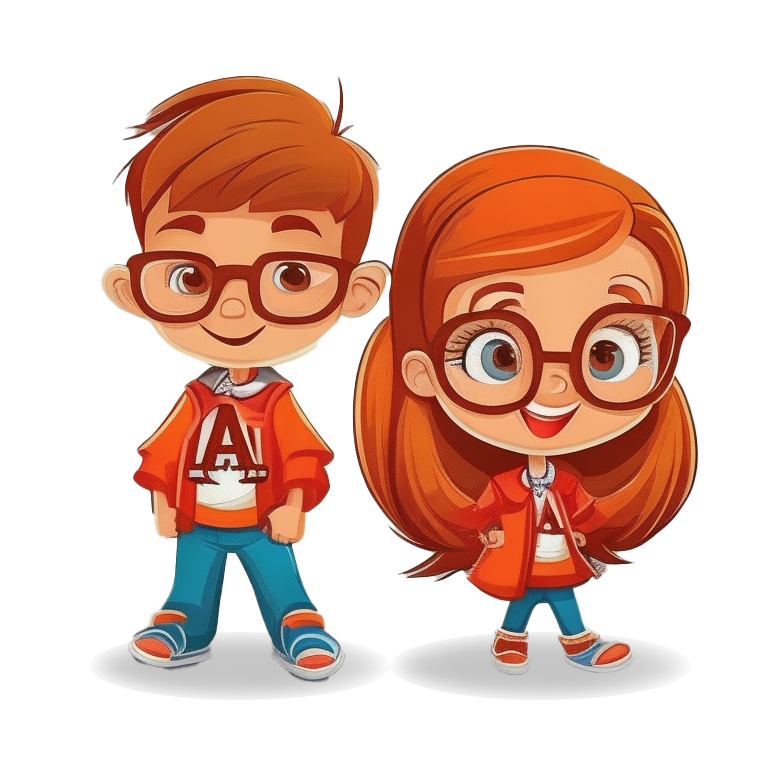
Kindergarten CG 2023
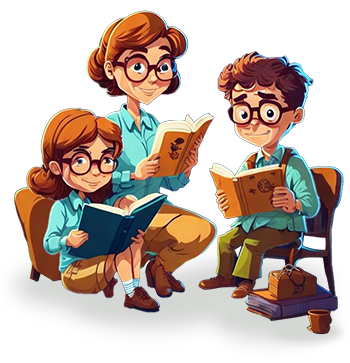
Reading and Literacy CG 2023
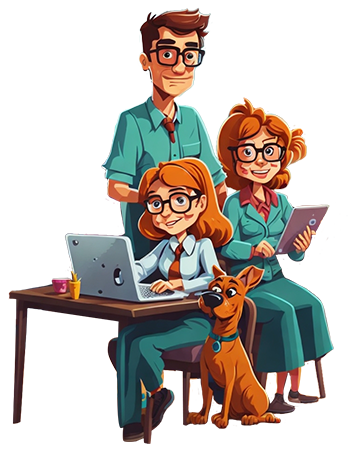
English CG 2023

Araling Panlipunan CG 2023
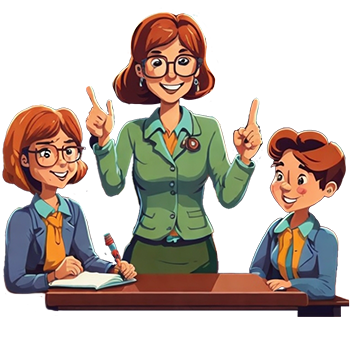
Filipino Kurikulum CG 2023
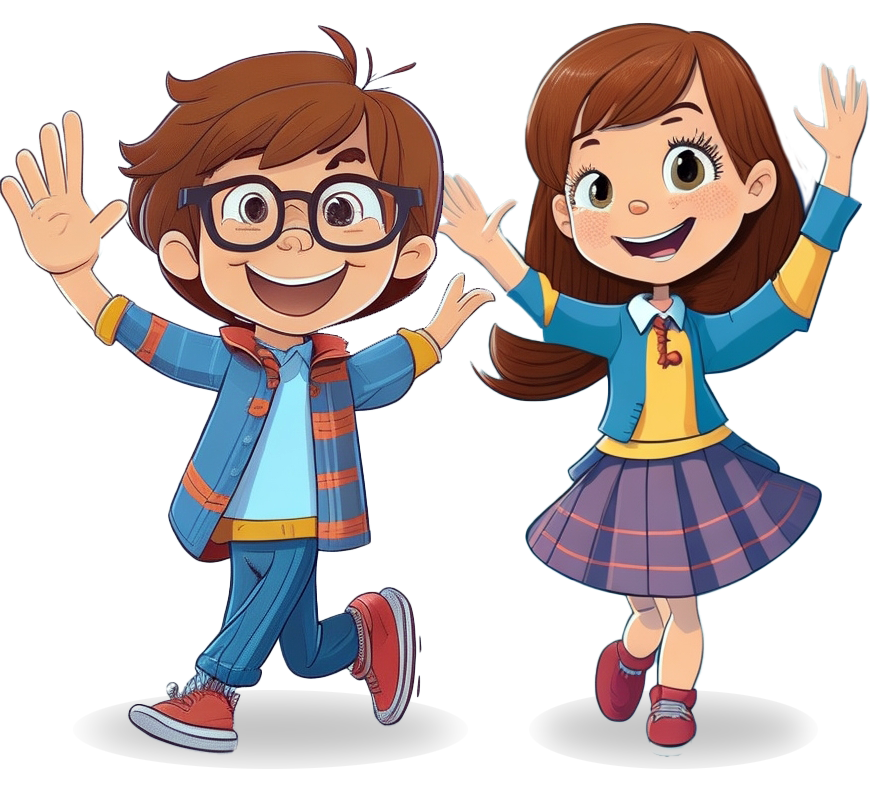
GMRC and VE CG 2023
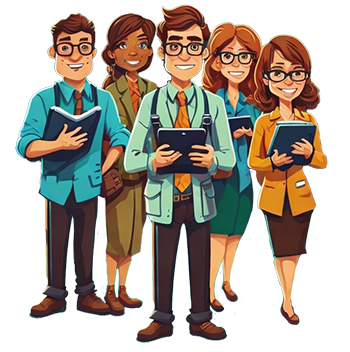
Language CG 2023

Makabansa CG 2023
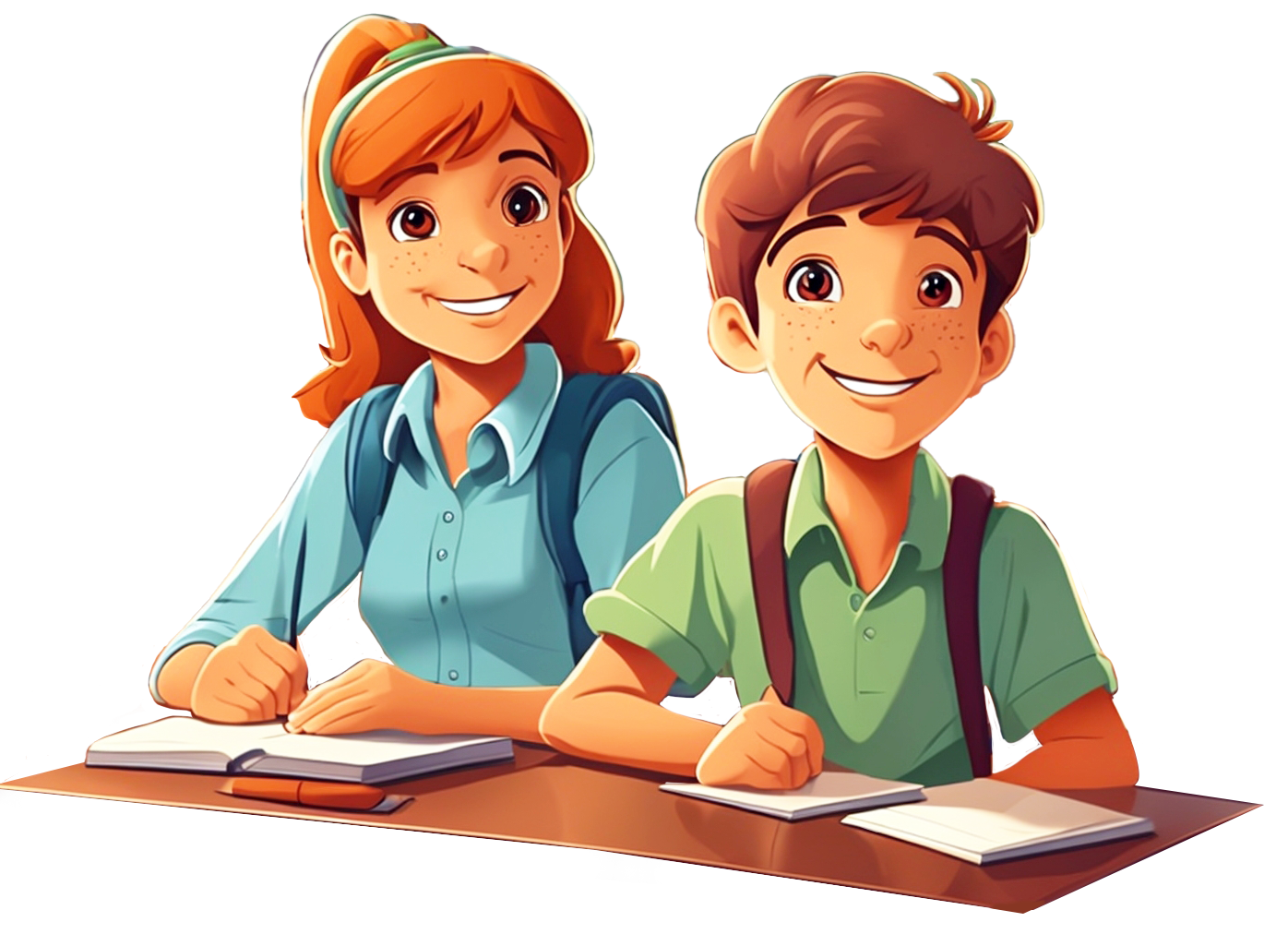
EPP TLE CG 2023

Mathematics CG 2023

Music and Arts CG 2023

PE and Health CG 2023

